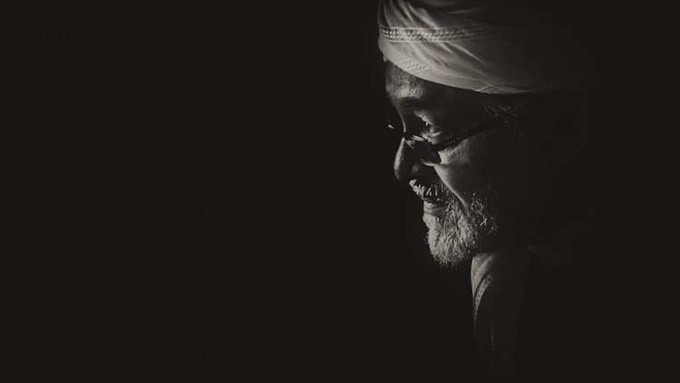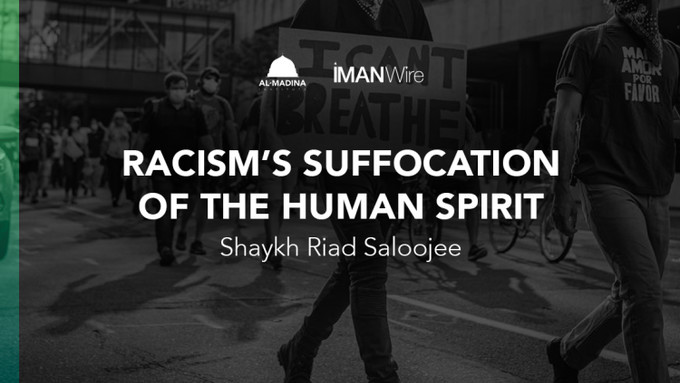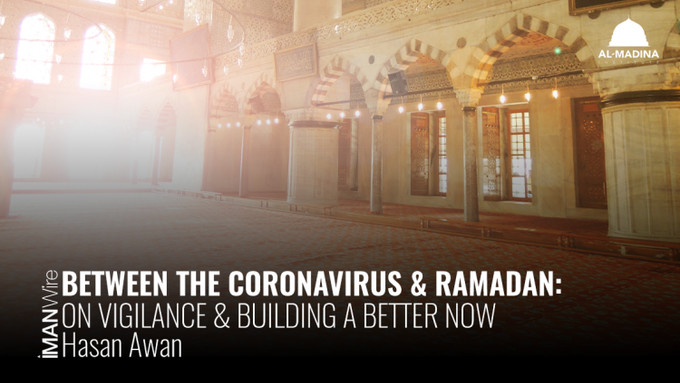Truth, Lies and Social Media
By Tarek Elgawhary
O you who believe, if a morally corrupt person comes to you with a [slanderous] tale, use your discernment, lest you hurt people unwittingly and afterwards be filled with remorse for what you have done. (Qur’an, Surah Hujurat 49:6)
At the heart of all the Islamic sciences is the concept of verification (tawthīq). The early generation of Muslims were careful to develop a methodology of transmitting knowledge, especially the primary sources of Islam (the Qur’an and the Sunna), in a way that verified sound narrations from false ones in order to provide the wider community with certainty regarding their faith. The verse above is typically used by scholars to highlight this and to discuss the permissibility, or lack thereof, of accepting hadith and testimonies from those who have committed open violations of the Sharī‘a. In the introduction to his Sahih collection, Imam Muslim (d. 261/875) mentions this verse to underscore his methodology of hadith verification and adds the following hadith to the discussion, “it is enough to be called a liar that you repeat everything that you hear.” Imam Muslim’s point is that verification and sound transmission of knowledge is a measured and serious affair, not a matter that should be taken lightly. One who repeats everything they hear is considered a liar because they have lost the ability to decipher truth from falsehood and therefore have no verification filters to process information.
While this verse is discussed in specific academic situations, it also has larger moral implications for our day-to-day life. More generally, this verse highlights that at the heart of Islamic ethics is the need to verify any form of information before repeating it and that one should not simply feel free to pass on everything they hear. In our current culture we often times feel the opposite since the power of social media to express every micro feeling we have is at our fingertips. We can literally say anything we want and no one can stop us. Anyone can become a commentator, anyone can convey information, and anyone can pose as a scholar. However, this is exactly what the ulama warned against. Abdullah ibn Mubarak (d. 181/797) said, “verification (al-isnād) is part of religion and without verification, anyone could say what they wanted.” The sign, therefore, that we have lost verification, is that we have lost the ability to decipher what is knowledge from what is information, what is news from what is slander. We have lost the ability to verify.
Social media provides us with a powerful set of tools; there is no denying it. We are able to communicate in ways that no one ever dreamed of. However, it is a tool that needs to be used properly, not precariously. One should not be quick to pass on information just because they are caught in the heat of the moment or the excitement of the event. Likewise, we must develop the ability to verify what we hear and see. This often times means being able to suppress certain emotions and impulses, and take the time to think, reflect, and verify. The same applies for matters of religion. All too often we hear people criticize others and condemn certain devotional acts out of ignorance and a false sense of religiosity. It is even more important to verify matters of religion and faith before speaking and engaging with others.
A related concept to this discussion is that of veiling and hiding faults (satr) of others. Ethically speaking, if you commit a sin and it is veiled from people, it should remain that way since this is a mercy from God. It would be unethical to talk about your trespasses and expose your misdeeds. Part of the rapid fire of social media and online news is that we come across scandals and exposes. Sometimes this is important, particularly when it involves the public good, and hence the meaning of the second half of the verse cited above. Often times, however, we come across the faults of others and no matter how tempting it is to share this, it is better to ignore it so we do not become accomplices in spreading enmity between people. Prophet Muhammad (God bless him and give him peace) is reported by al-Nisā‘ī to have said, “whoever hides the faults of their brother/sister God will hide his/her faults in this world and the next.”
In conclusion, it is fair to say that the world is full of problems, negativity, and anxiety. Our faith has given us an opportunity and a method to find calm in this madness, and there is no reason to add to it. Whether engaging in social media, or in discussions with friends and colleagues, we must hone our ability to verify information before passing it on.
Life & Culture Related Articles

Shaykh Seraj Hendricks: Obituary
An internationally recognised Islamic scholar, who saw spirituality, justice, and knowledge as integral to an authentic religious existence. Shaykh Seraj Hendricks, who passed away on the 9th of July 2020 at the age of 64, was a scholar of international repute, able to communicate and engage on the level of state leaders, religious scholars and the broader public.

Racism’s Suffocation of the Human Spirit
I can’t breathe. George Floyd’s last words, conveying, verbatim, Eric Garner’s last words, with echoes through a long chain of souls – Breonna Taylor, Michael Brown, Walter Scott, Freddie Grey, Jamar Clark, Alton Sterling, Stephon Clark and Botham Jean – is a testamentary call that should pierce every Muslim’s mind and heart.

Between the Coronavirus & Ramadan: On Vigilance & Building a Better Now
I pray that, as we continue to lovingly welcome and vigilantly discover the blessings inherent in Ramadan upon us, we awaken to all the moments and especially the moment that Allah has chosen to place us. A quotation from Charles Dickens, the opening to one of his novels, is worth reflecting on: “It was the best of times, it was the worst of times.”